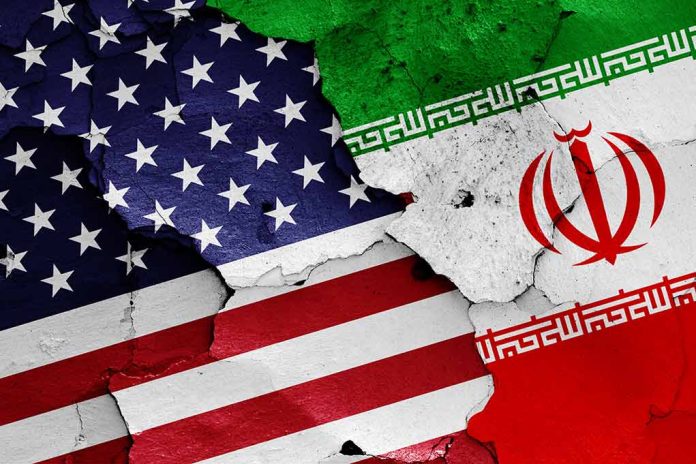
The infiltration of U.S. universities by extremist groups seeks to exploit academic freedom and influence future generations under the guise of international education.
Key Takeaways
- American universities are being targeted by extremist organizations to embed operatives and influence future U.S. citizens.
- Foreign students are used as instruments of influence by terrorist organizations like Hamas, backed by states such as Iran.
- The arrest of Mahmoud Khalil, a Palestinian-born Columbia University graduate, highlights this trend.
- Al-Ketbi calls for American universities to establish guidelines for foreign political activities and scrutinize funding.
Rising Threats in U.S. Campuses
Dr. Salem Al-Ketbi, an Emirati political analyst, warns of the strategic targeting of U.S. universities by extremist groups. According to Al-Ketbi, these organizations leverage immigration laws to place operatives in American institutions to cultivate a new generation of pro-terror activists. This trend is reported to have implicit support from states like Iran. Academic environments become the battleground for ideological infiltration, often under the radar. Al-Ketbi stresses the gravity of the situation, suggesting enhanced vigilance is required across campuses nationwide.
Mahmoud Khalil’s arrest, a case highlighting the exploitation of immigration laws, draws attention to this issue. Khalil, a graduate from Columbia University, embodies the risks associated with academic settings manipulated for political ends. Allegations suggest his involvement in pro-Hamas activities on campus, demonstrating the potential misuse of America’s educational platforms. Dr. Al-Ketbi underscores that the problem extends beyond mere student activism. It highlights how extremist organizations may use immigration laws to sneak their proponents into American society to embed dangerous ideologies.
Impacts on American Society
University campuses have experienced increased incidents of alarmingly radical discourse. Reports cite activities by Columbia University’s Apartheid Divest (CUAD) and Students for Justice in Palestine (SJP) as examples of groups aligned with hostile entities. These organizations sometimes promote antisemitic or pro-terrorism sentiments. Institutions like the University of California have become focal points with ties to Al-Qaeda sympathizers, while cases like a Pakistani student at NYU recruiting for ISIS further stress the peril.
Al-Ketbi raises concerns over conferences and courses, such as those at UC Berkeley, which allegedly praised Hamas. The portrayal of Hamas as a “revolutionary resistance force” demonstrates the ideological shift in some educational contents. Underpinning these movements are foreign funding networks, primarily from Iran, which allegedly finance pro-Hamas student activities, challenging the sanctity of American academia. Universities face a responsibility to ensure protection from such political exploitation while still respecting free speech.
Future Precautions and Measures
Al-Ketbi urges universities to develop strict guidelines for political events and activities involving foreign nationals. There is a need for transparency and careful scrutiny of funding sources. By implementing rigorous monitoring systems, academic institutions can protect themselves from potential manipulations and ensure they remain free from external political pressures. This defensive stance is vital in maintaining an environment conducive to learning and free from extremist influence.
American universities face a unique challenge that requires both internal policy adjustments and increased national attention. The combination of proactive community engagement and appropriate technological adaptations can preserve academic integrity. With vigilance and dedication to these reforms, the educational sector can thwart extremist infiltrations and continue to cultivate future American leaders free from radical influences.


